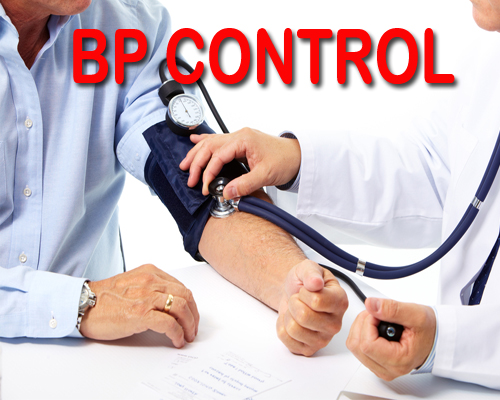- Home
- Medical news & Guidelines
- Anesthesiology
- Cardiology and CTVS
- Critical Care
- Dentistry
- Dermatology
- Diabetes and Endocrinology
- ENT
- Gastroenterology
- Medicine
- Nephrology
- Neurology
- Obstretics-Gynaecology
- Oncology
- Ophthalmology
- Orthopaedics
- Pediatrics-Neonatology
- Psychiatry
- Pulmonology
- Radiology
- Surgery
- Urology
- Laboratory Medicine
- Diet
- Nursing
- Paramedical
- Physiotherapy
- Health news
- Fact Check
- Bone Health Fact Check
- Brain Health Fact Check
- Cancer Related Fact Check
- Child Care Fact Check
- Dental and oral health fact check
- Diabetes and metabolic health fact check
- Diet and Nutrition Fact Check
- Eye and ENT Care Fact Check
- Fitness fact check
- Gut health fact check
- Heart health fact check
- Kidney health fact check
- Medical education fact check
- Men's health fact check
- Respiratory fact check
- Skin and hair care fact check
- Vaccine and Immunization fact check
- Women's health fact check
- AYUSH
- State News
- Andaman and Nicobar Islands
- Andhra Pradesh
- Arunachal Pradesh
- Assam
- Bihar
- Chandigarh
- Chattisgarh
- Dadra and Nagar Haveli
- Daman and Diu
- Delhi
- Goa
- Gujarat
- Haryana
- Himachal Pradesh
- Jammu & Kashmir
- Jharkhand
- Karnataka
- Kerala
- Ladakh
- Lakshadweep
- Madhya Pradesh
- Maharashtra
- Manipur
- Meghalaya
- Mizoram
- Nagaland
- Odisha
- Puducherry
- Punjab
- Rajasthan
- Sikkim
- Tamil Nadu
- Telangana
- Tripura
- Uttar Pradesh
- Uttrakhand
- West Bengal
- Medical Education
- Industry
Lower the systolic BP, lesser the risk of hypertension complication : Study

Washington D.C, Oct 14: A new study has revealed that lowering systolic blood pressure below the currently recommended target can reduce the risk of left ventricular hypertrophy (LVH), the most common complication of high blood pressure.
LVH, the enlargement and thickening of the walls of the left ventricle, the heart's main pumping chamber, is associated with an increased risk of heart failure, stroke and even sudden cardiac death.
Although doctors have known that reversal of LVH can be achieved by sustained lowering of systolic blood pressure - the upper number on a blood pressure reading - it wasn't known if a strategy aimed at lowering blood pressure beyond the recommended level would reduce the risk.
The study provides evidence that making less than 120 the target systolic blood pressure in people with hypertension and diabetes reduces LVH, researcher Elsayed Z. Soliman, adding that lowering blood pressure even below the standard is good for heart muscle.
This, he added, is in line with the recent report from the SPRINT trial showing that blood pressure lowering below 120 mmHg reduces cardiovascular events by almost a third, as compared to the target systolic pressure of 140 mmHg.
The study is published in the early online edition of Hypertension
LVH, the enlargement and thickening of the walls of the left ventricle, the heart's main pumping chamber, is associated with an increased risk of heart failure, stroke and even sudden cardiac death.
Although doctors have known that reversal of LVH can be achieved by sustained lowering of systolic blood pressure - the upper number on a blood pressure reading - it wasn't known if a strategy aimed at lowering blood pressure beyond the recommended level would reduce the risk.
The study provides evidence that making less than 120 the target systolic blood pressure in people with hypertension and diabetes reduces LVH, researcher Elsayed Z. Soliman, adding that lowering blood pressure even below the standard is good for heart muscle.
This, he added, is in line with the recent report from the SPRINT trial showing that blood pressure lowering below 120 mmHg reduces cardiovascular events by almost a third, as compared to the target systolic pressure of 140 mmHg.
The study is published in the early online edition of Hypertension
Meghna A Singhania is the founder and Editor-in-Chief at Medical Dialogues. An Economics graduate from Delhi University and a post graduate from London School of Economics and Political Science, her key research interest lies in health economics, and policy making in health and medical sector in the country. She is a member of the Association of Healthcare Journalists. She can be contacted at meghna@medicaldialogues.in. Contact no. 011-43720751
Next Story


